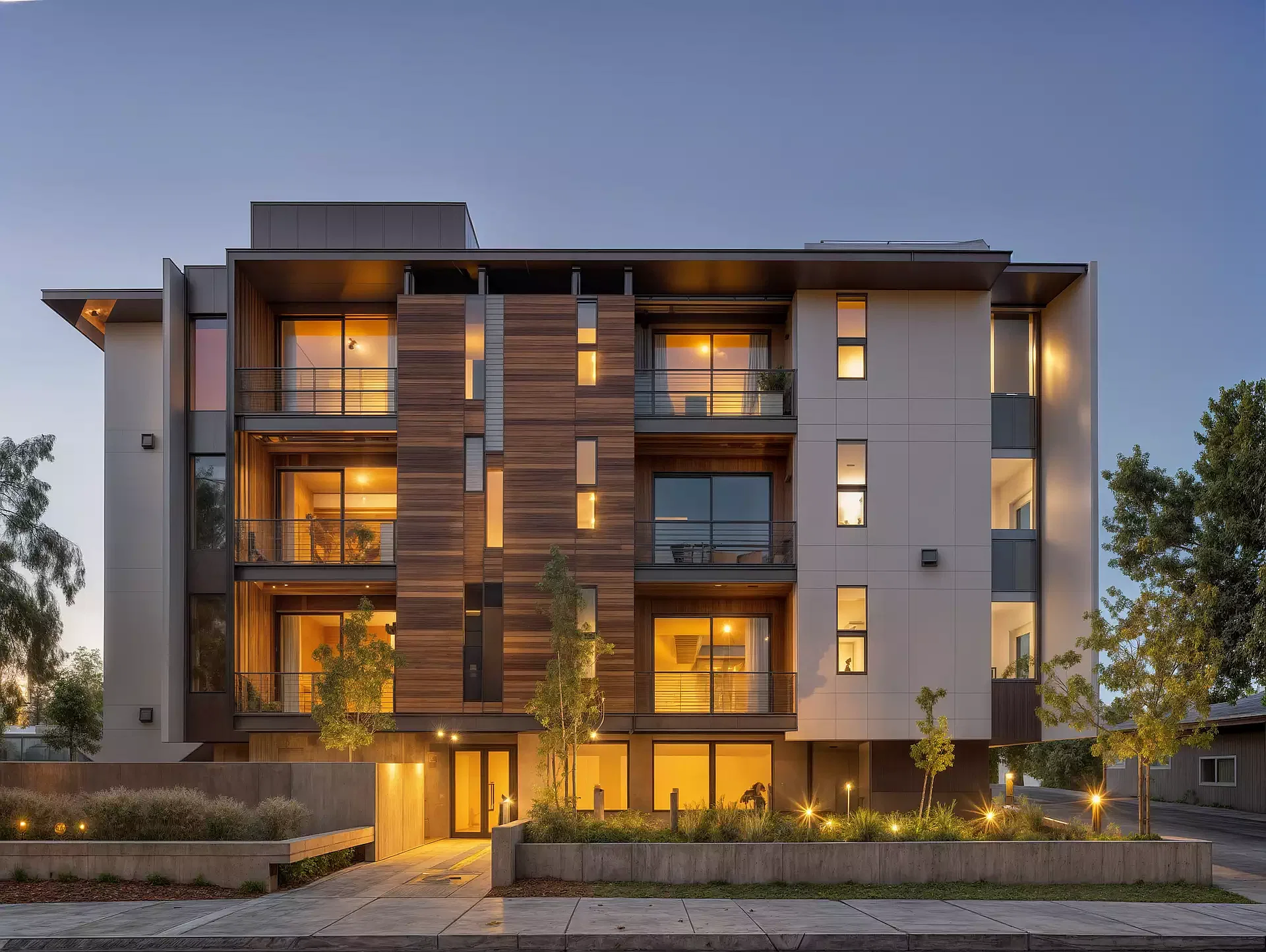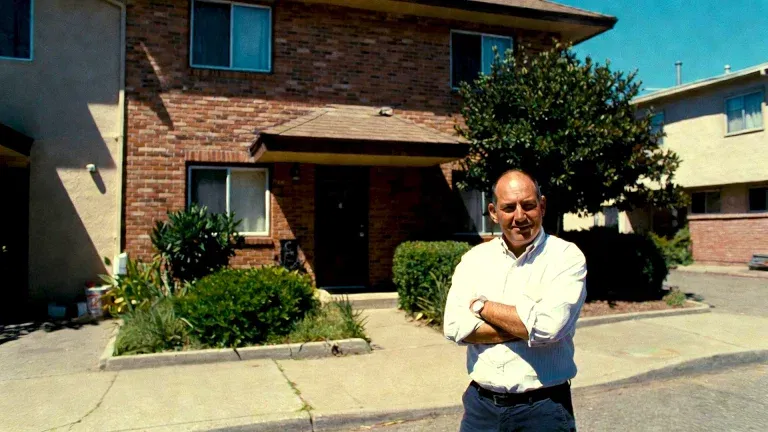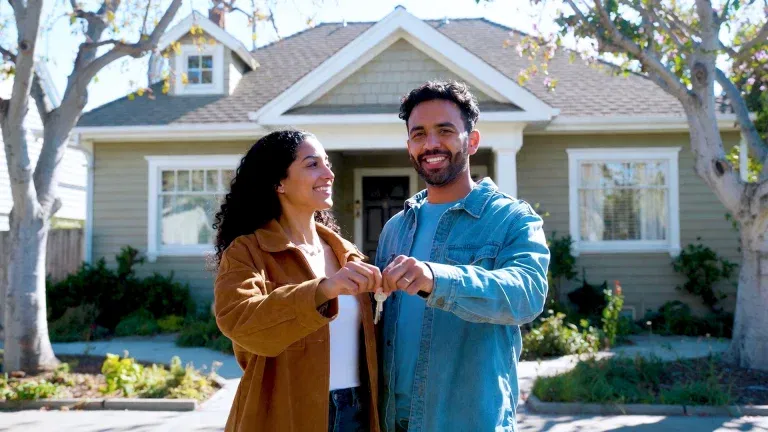As a property owner in the San Francisco Bay Area, you might feel like you need a law degree to keep up with California’s ever-evolving rental regulations. At SLPM Property Management, we sympathize with your plight. We’ve seen more plot twists in rental laws than in a Silicon Valley startup’s business plan. Let’s journey through the latest legislation affecting rental property deposits. Buckle up because it will be a wild ride through the wonderland of California rental law.
New Security Deposit Limits: Less is More (Or Is It?)
July 1, 2024, marked a seismic shift in California’s security deposit landscape. The state decided that landlords were having too much fun with all that deposit money and tightened the purse strings. For most landlords, the maximum security deposit is now capped at one month’s rent. Yes, you read that right – one month. It’s as if the state looked at the Bay Area’s skyrocketing rents and thought, “You know what would make this more interesting? Less financial security for landlords!”
You might catch a break if you’re a small-time landlord. Owners of no more than two residential rental properties with four or fewer units can still charge up to two months’ rent as a security deposit. However, this exception only applies if you’re an individual owner or a member of an LLC composed entirely of natural persons.
Allowable Uses for Security Deposits: A Very Exclusive Club
Now that we’ve established you can’t charge as much for deposits, let’s talk about what you can use them for. It’s a rather exclusive list, like trying to get into a trendy San Francisco nightclub, but with less neon and more legal jargon.
You’re allowed to use deposits for:
- Past-due rent (because some tenants think rent is optional)
- Repairing damages caused by tenants or their guests (excluding normal wear and tear, so those scuff marks from your tenant’s interpretive dance sessions are on you)
- Cleaning costs to restore the property to its original condition (no, you can’t charge for exorcising the ghost that’s been haunting the place since before the tenant moved in)
- Replacing or restoring personal property mentioned in the rental agreement (like that avocado-shaped toast rack you thought was essential to the Bay Area rental experience)
Remember, deposits cannot be used for preexisting damages, unnecessary expenses, or normal wear and tear. So, if your property is slowly sinking into the Bay like the Millennium Tower, that’s not coming out of the security deposit.
Move-Out Inspection Rights: The Great Scavenger Hunt
In its infinite wisdom, California law now requires landlords to offer tenants a pre-move-out inspection. It’s like a scavenger hunt, but instead of finding hidden treasures, you’re looking for potential deductions! This inspection must occur within two weeks of the tenant’s move-out date.
Picture this: You and your tenant, side by side, examining every nook and cranny of the property. “Is that a stain or a shadow?” you might find yourself asking. “And was that hole in the wall always there, or is it a new avant-garde art installation?” It’s a bonding experience. Who said landlord-tenant relationships couldn’t be fun?
Strict Timelines for Deposit Return: The 21-Day Sprint
After your tenant moves out, the clock starts ticking. You have 21 days to return the security deposit and an itemized statement of any deductions. It’s like a reality TV show challenge, but instead of winning a cash prize, you’re trying to avoid a lawsuit.
If your deductions exceed $125, you must provide detailed documentation of the expenses. This means keeping receipts for everything. Did you buy a $2 sponge to clean the bathroom? Keep that receipt. Did you spend 30 minutes scrubbing a mysterious stain off the kitchen counter? Log that time. Your record-keeping skills will be tested, so channel your inner accountant.
Penalties for Non-Compliance: The Price of Procrastination
Failure to comply with these laws can result in penalties that might make you wish you’d gone into a less stressful profession – like lion taming. Courts can award tenants up to twice the deposit amount if a landlord is found to have acted in bad faith. That’s right, your $3,000 security deposit could turn into a $9,000 payout faster than you can say “civil lawsuit.”
The Changing Landscape of Rental Laws
If keeping up with tech trends in the Bay Area is challenging, try staying on top of rental laws. From rent control to cause eviction, the rental landscape is constantly shifting. It’s enough to make even the most seasoned landlord feel like they’re navigating a legal minefield while blindfolded and on a pogo stick.
The Impact on Bay Area Rentals
These new laws have significant implications for the Bay Area rental market. With security deposits now limited, landlords might be more cautious about who they rent to. It’s like playing a high-stakes game of tenant roulette, where the prizes are reliable rent payments and the preservation of your property.
Moreover, with the increased administrative burden of managing deposits, some landlords might decide that self-management is more trouble than it’s worth. After all, who wants to spend their weekends calculating prorated cleaning costs when they could be enjoying a nice sourdough at Fisherman’s Wharf?
Why Professional Property Management Matters (Now More Than Ever)
We understand if all of this sounds about as appealing as navigating Bay Bridge traffic during rush hour. That’s where SLPM Property Management comes in. We’re like the GPS for your property management journey – but instead of rerouting you through sketchy neighborhoods, we guide you safely through the labyrinth of California rental laws.
Our team of experts stays up-to-date with all California rental laws, ensuring your properties remain compliant and profitable. We handle all aspects of security deposits, from setting appropriate amounts to conducting move-out inspections and processing timely returns. Our professional approach minimizes legal risks and maximizes your rental income.
We’ll ensure your security deposits are collected, held, and returned in full compliance with the law. No more late-night Google sessions trying to figure out if you can charge for that weird smell in the closet (spoiler alert: you probably can’t).
We also handle:
- Tenant screening (we’ll find you renters who are less likely to turn your property into the set of a reality TV show)
- Rent collection (so you don’t have to play the role of bill collector)
- Maintenance and repairs (so you don’t have to “know a guy who knows a guy”)
- Legal compliance (we’ll keep you on the right side of the law, even as it keeps changing)
Don’t let the complexities of California’s rental laws turn your investment property into a source of constant stress. Let SLPM Property Management take the headache out of property ownership. We’ll handle the paperwork, the inspections, and yes, even the security deposits while you sit back and watch your investment grow.
Click here to learn more about our comprehensive property management services and how we can help you navigate the ever-changing landscape of rental property laws in the Bay Area. Let us be your property management superhero. A cape is optional, but we do look good in spandex.
Protect your investment, ensure compliance, and maintain your peace of mind with SLPM Property Management. Because in the complex world of Oakland and SF Eastbay property rentals, having a knowledgeable partner isn’t just helpful – it’s essential.




